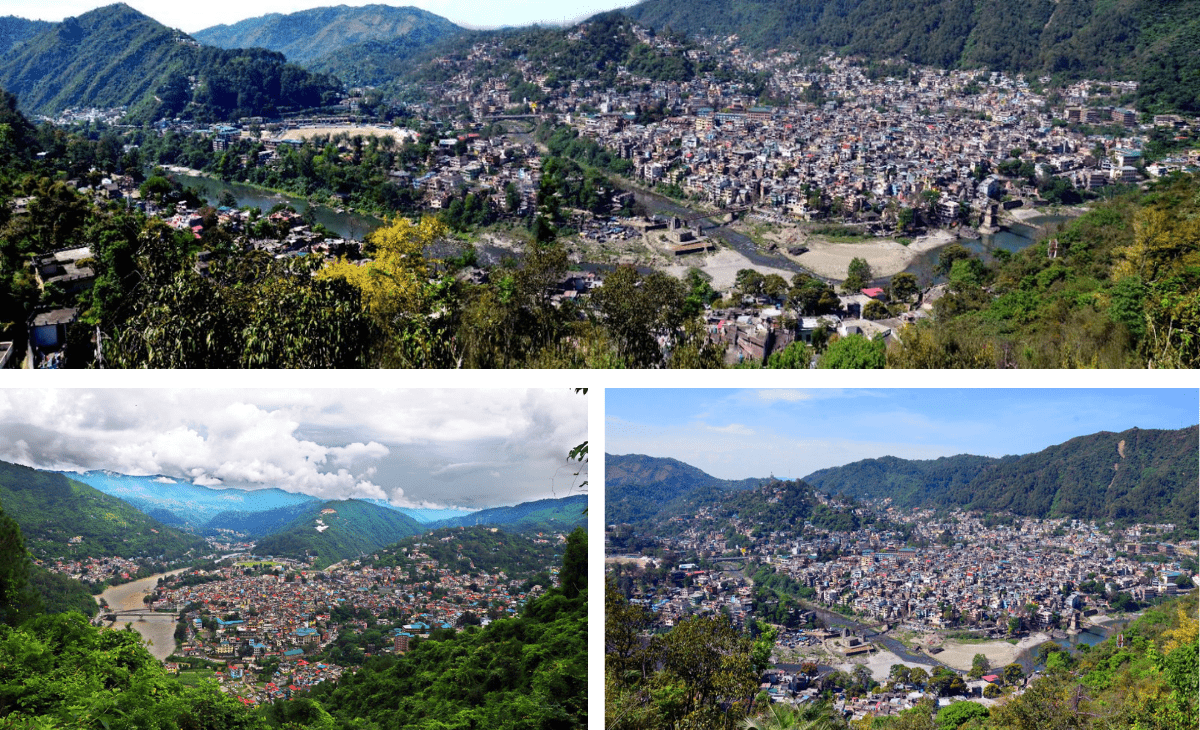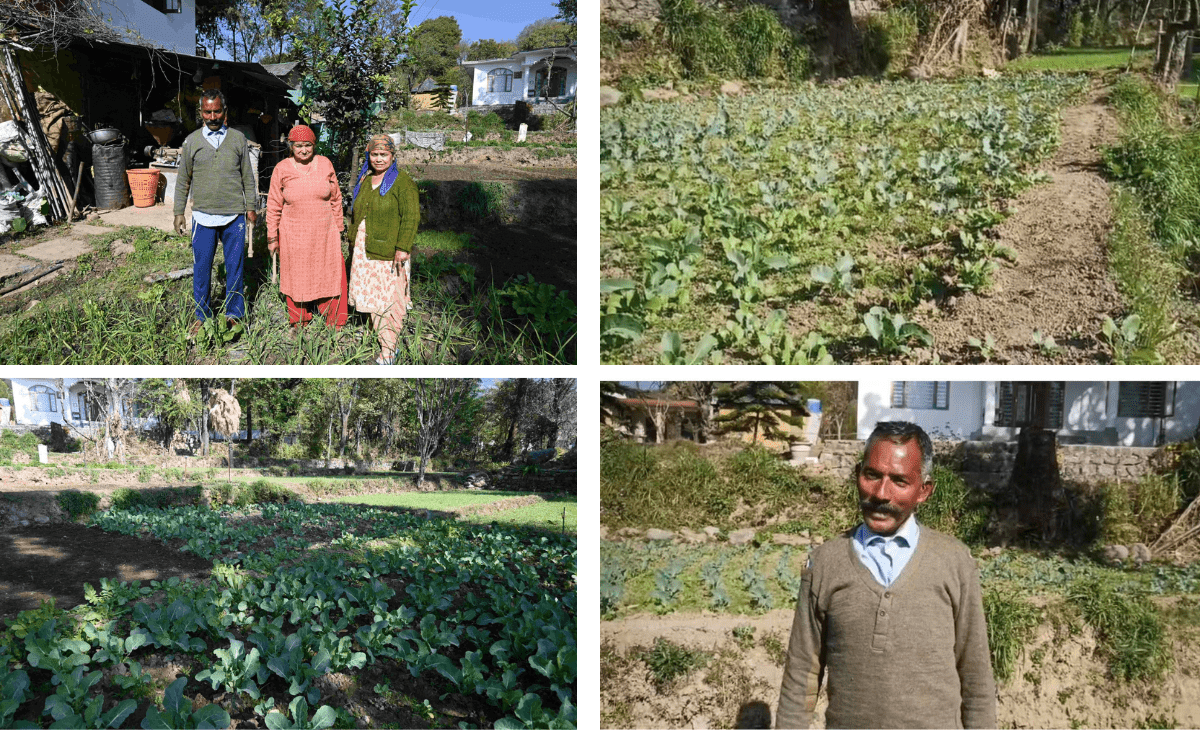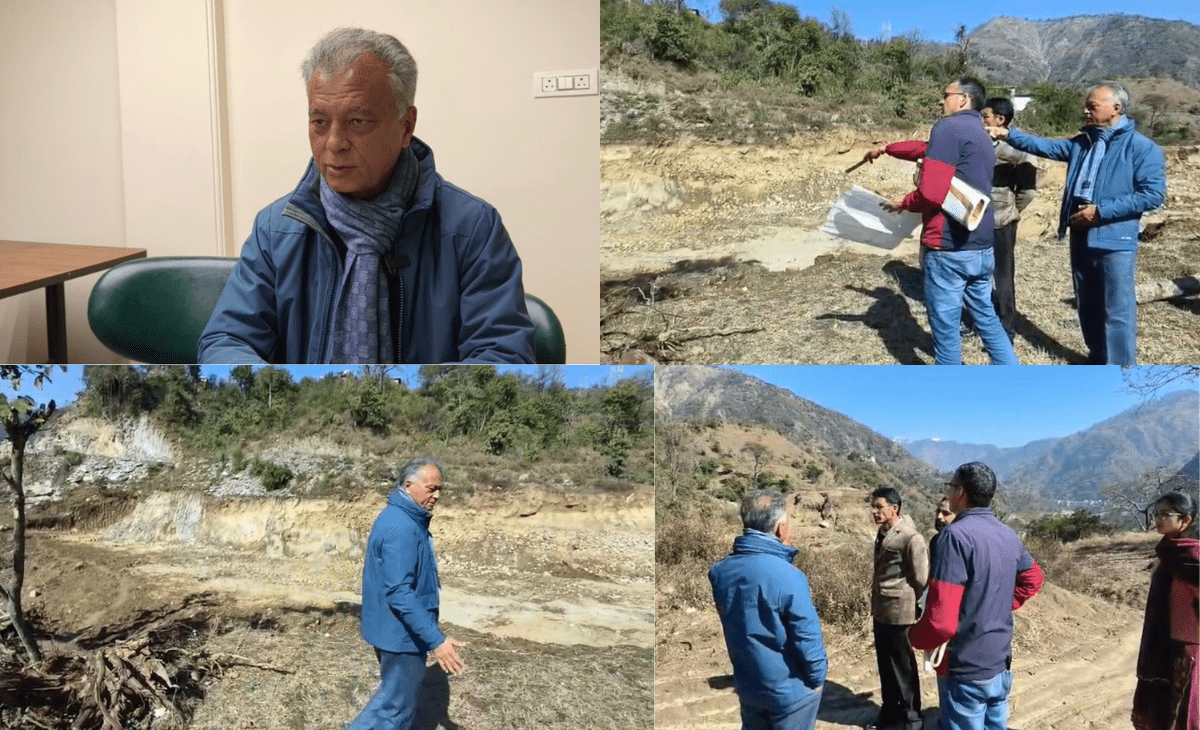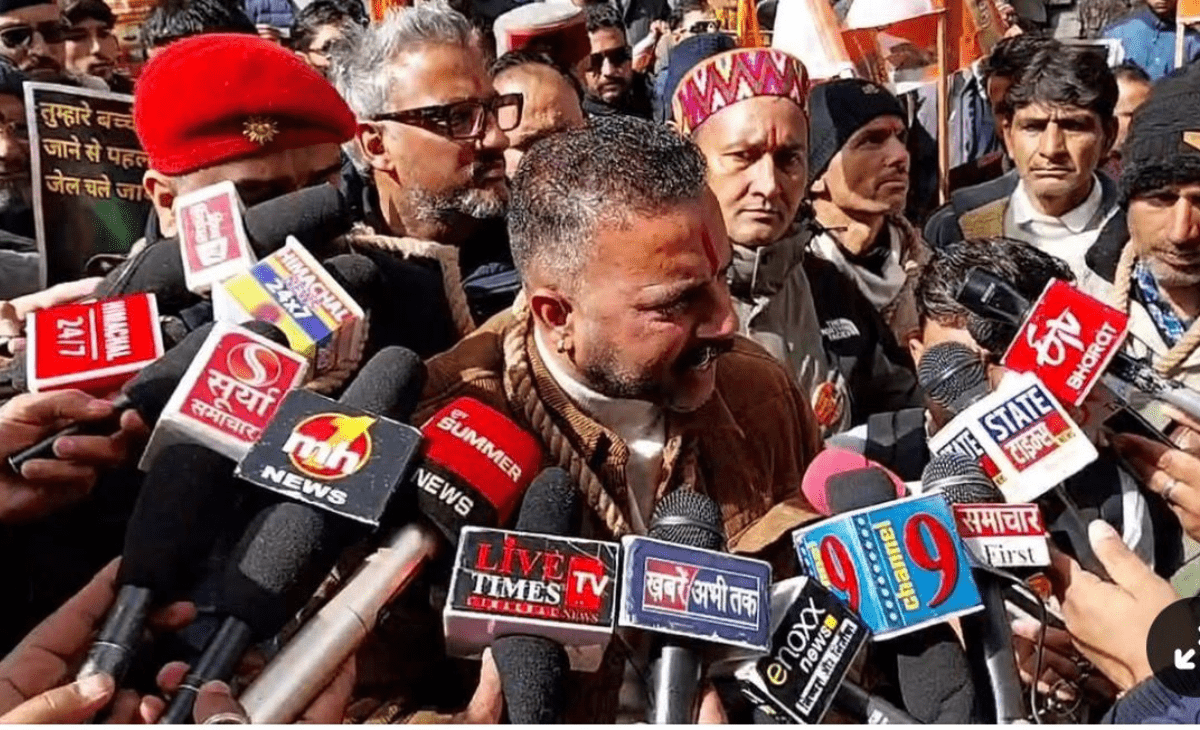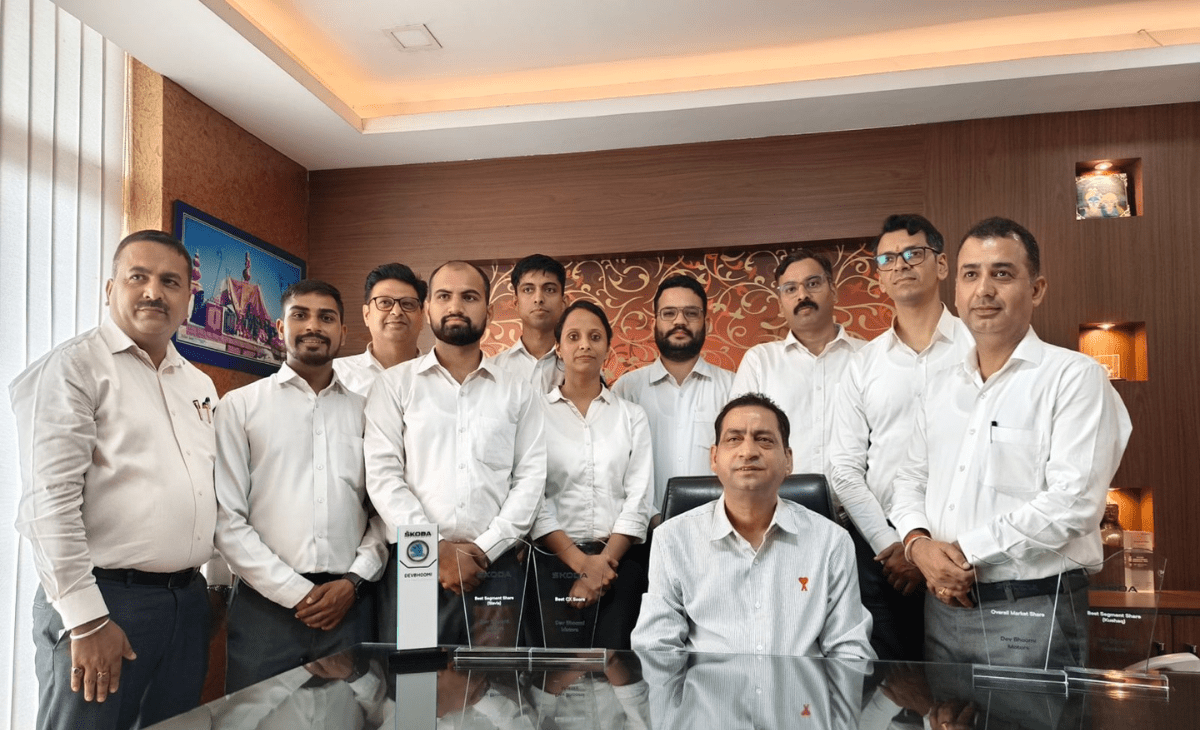The Himachal Pradesh government’s newly proposed Home Stay Policy 2024 has triggered widespread opposition from small hospitality business owners, self-employed youth and rural entrepreneurs.
The policy, which drastically increases registration fees, imposes commercial tariffs on utilities, and mandates stricter compliance requirements, is being seen by stakeholders as a “severe blow” to the state’s thriving tourism industry and a threat to self-employment opportuniti
Setback to rural livelihood
Himachal Pradesh has long been a tourism-driven economy, where home stays play a crucial role in providing authentic cultural experiences to visitors while offering locals a source of sustainable self-employment.
However, the draconian regulations introduced under the new policy threaten to push small home stay operators out of business, alleged a local resident.
According to GM Wani, president of the Bed & Breakfast and Home Stay Owners Association, the policy changes discussed in a recent online meeting of home stay owners across Shimla have raised serious concerns:
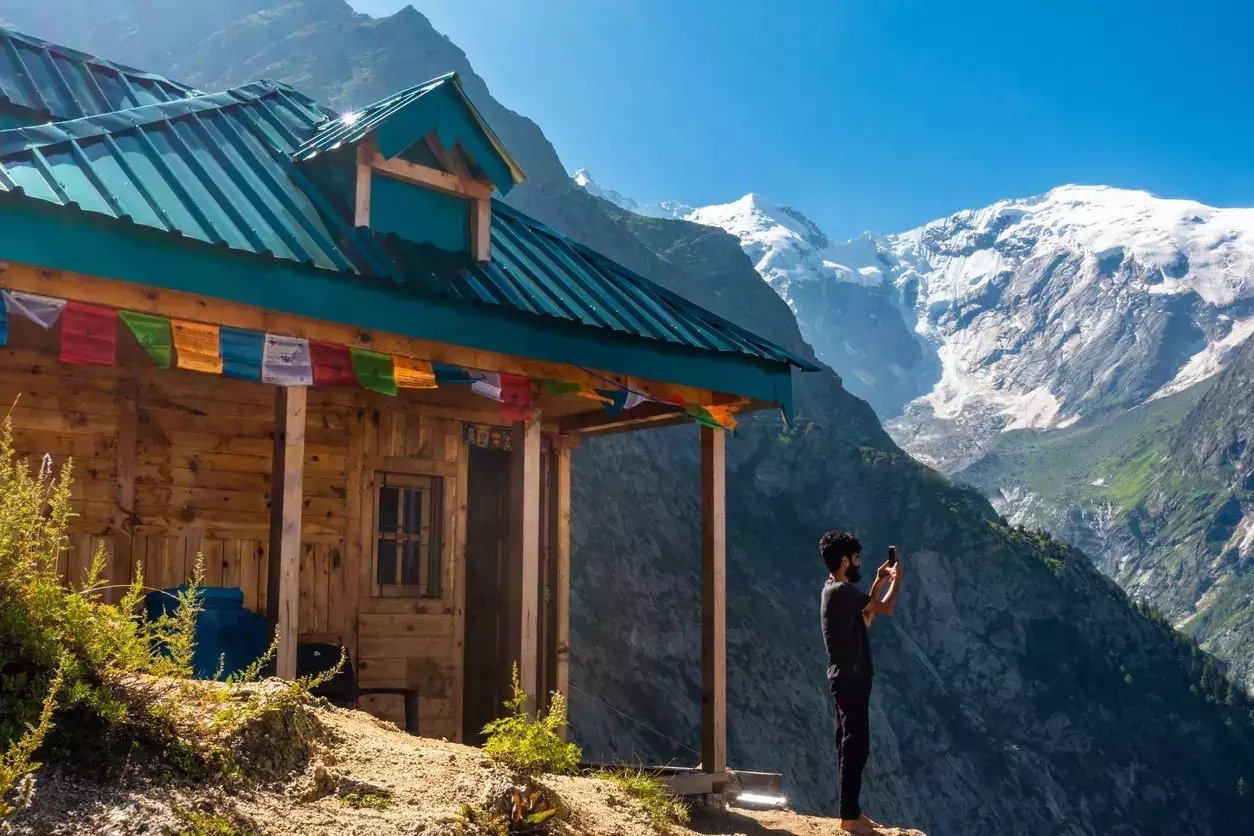
• Steep increase in registration fees: The cost of registering a home stay has skyrocketed from ₹3,000 (for two years) to ₹12,000 per year, making it unaffordable for small operators.
• Unjustified commercial tariffs: Home stays will now have to pay commercial rates for water, electricity, and sewerage, unless they install separate residential meters—adding a huge financial burden.
• Complicated compliance process: New requirements like obtaining a structural stability certificate and mandatory separate electricity meters for urban home stays will increase operational costs and make the process bureaucratic and time-consuming.
• Unannounced inspections & harassment fears: The policy allows authorities to inspect home stays anytime without prior notice, creating fears of harassment and unnecessary disruptions.
• Mandatory re-registration: Even home stays already registered under the Incredible India and 2008 HP Home Stay Scheme must re-register within 90 days—a cumbersome process that threatens cancellation of existing registrations.
Opposition slams policy, says it will eradicate self-employment
Leader of Opposition Jai Ram Thakur has strongly criticised the government, calling the policy “dictatorial, impractical, and anti-employment.” He pointed out that:
• The government is failing to provide jobs and now targeting those who are self-employed.
• Rural women, who run home stays to support their families and secure financial independence, will be the worst affected.
• The new regulations contradict Prime Minister Narendra Modi’s vision of making India’s women “Lakhpati Didis” (self-reliant women entrepreneurs).
“The government is increasing home stay registration fees by 150 times! How can a small village home stay, which barely makes ₹3,000 per month, afford such high costs? This is an attack on Himachali families who rely on tourism for survival,” Thakur said.
He further criticised the mandatory GST registration, pointing out that small home stays earn far less than the ₹20 lakh GST exemption limit and will now be forced into a complicated tax system, making it difficult for rural entrepreneurs to operate.
Tourism industry at risk: Will Himachal lose its edge?
Himachal Pradesh has always been a preferred destination for travellers seeking offbeat experiences, with affordable home stays playing a key role in attracting tourists. However, the new regulations threaten to make home stays expensive, forcing many operators to shut down or raise their rates, ultimately driving tourists away.
With rising hotel prices and the decline of budget-friendly home stays, tourists might opt for alternative destinations, leading to loss of revenue for the state and job losses for thousands dependent on the tourism industry.
Defending the policy, Naresh Chauhan, principal adviser (media) to the Chief Minister, claimed that the Home Stay Policy 2024 aims to simplify processes and bring uniformity in the tourism sector.
However, critics argue that the new rules disproportionately benefit large commercial hotels while making it harder for small home stay owners to survive.
Munish Sood MANDI


